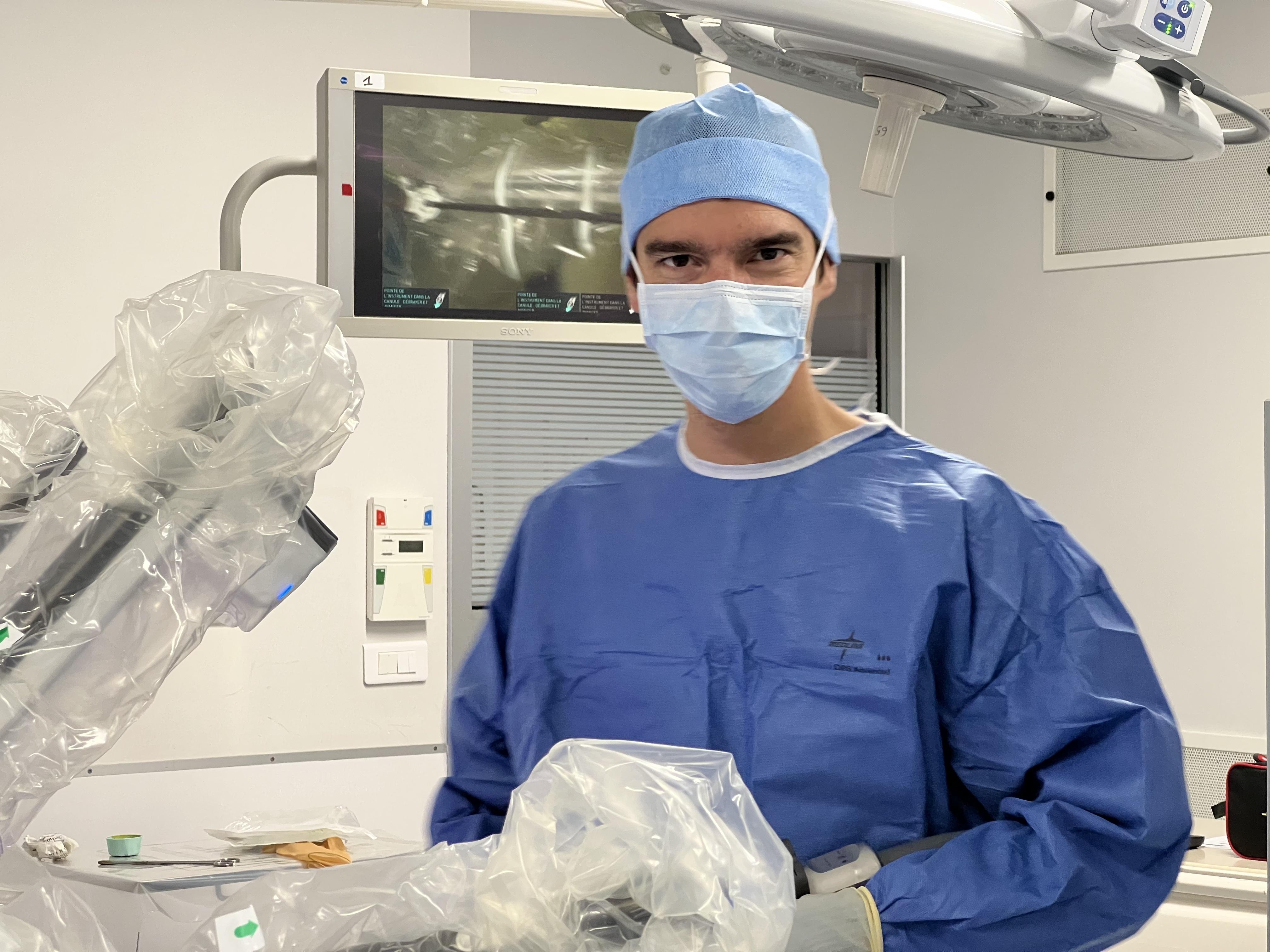Thanks to obesity surgery, known as bariatric surgery, the cancer rate in obese people drops almost to normal, a recent study said.

Obesity surgery is not only beneficial for the metabolism. It also reduces the increased risk of cancer to which obese patients are exposed, points out a review of studies in Obesity Surgery. This is good news when we know that 44,000 interventions of this kind were carried out in 2013.
Weight loss surgery involves reducing part of the stomach to the size of a small pouch. It will be directly connected to the small intestine, which prevents food from passing through the rest of the stomach and the upper part of the intestine. This helps ensure that the patient has sustained weight loss while reducing the risk of premature death from obesity. But such an intervention also lowers the risk of cancer to an almost normal level. In fact, the cancer rate in obese people is 2.12 cases per 1,000 person-years. After weight loss surgery, it is 1.06 cases per 1,000 person-years.
Reasons still unclear
Several studies have already suggested the benefits of obesity surgery against cancer: the risk of uterine cancer is reduced by 70% thanks to an operation, and the risk of hormone-dependent cancers (breast, prostate or colon ) also. There is also less heart attack, stroke and sleep apnea in operated patients. Last argument in favor of the procedure: half of people with diabetes are in complete or partial remission.
However, it is impossible to explain why weight loss surgery is so beneficial. Some people talk about metabolic changes induced by weight loss, others believe that it is thanks to weight loss that cancer is diagnosed earlier. After a procedure, an obese person becomes more aware of their health, which makes an early diagnosis possible. However, Daniela Castagrande, lead author of the study, recalls that it is still difficult to separate the effects of surgery from the multiple changes that occur in a patient.
.

















